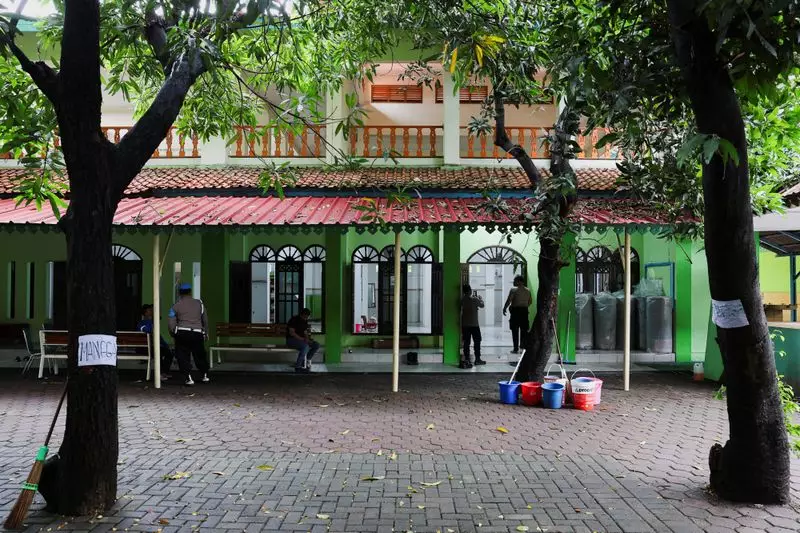
Indonesian authorities have made a startling revelation about the suspect behind a recent mosque bombing that sent shockwaves through the community. The attacker, who carried out the explosive assault during prayers, drew inspiration from past mass killings that stained the nation's history.
The Shocking Attack Details
On November 27, 2023, a devastating explosion rocked the Astana Anyar mosque in Bandung, West Java, creating panic among worshippers and local residents. The attack occurred during a religious gathering, targeting innocent civilians engaged in prayer. Emergency services rushed to the scene immediately, transporting the injured to nearby medical facilities for treatment.
Police identified the perpetrator as a 34-year-old man who had previously been imprisoned on terrorism-related charges. The suspect, whose name authorities have withheld, carried an explosive device into the mosque with the intention of causing maximum casualties. Investigators confirmed the bomb was a homemade device containing sharp materials designed to increase casualties.
Disturbing Inspiration Behind the Violence
During interrogation, the suspect disclosed his motivation stemmed from studying historical mass killings in Indonesia. He specifically referenced the 1965-66 mass killings that claimed hundreds of thousands of lives as part of his radicalization process. This dark chapter in Indonesian history became a twisted inspiration for his violent actions.
Police spokesperson Dedi Prasetyo stated that the suspect had developed an extremist ideology that glorified these historical atrocities. The attacker believed that repeating such violence would advance his radical agenda and make a political statement. This connection between historical violence and contemporary terrorism has raised concerns among security experts.
Investigation and Security Response
Indonesian security forces have intensified their counter-terrorism efforts following the attack. Police have conducted multiple raids and arrested several individuals connected to the suspect's network. Evidence collected includes bomb-making materials, radical literature, and digital devices containing extremist content.
The investigation revealed that the suspect had been planning the attack for several weeks and had conducted surveillance on the mosque beforehand. Security officials have increased protection at religious sites across Indonesia and are working to identify potential copycat attackers or additional members of the terrorist network.
This incident marks another challenge for Indonesia's counter-terrorism units, who have successfully disrupted numerous plots in recent years. The country continues to battle extremist elements that occasionally target religious institutions, despite overall improvements in security coordination and intelligence gathering.






